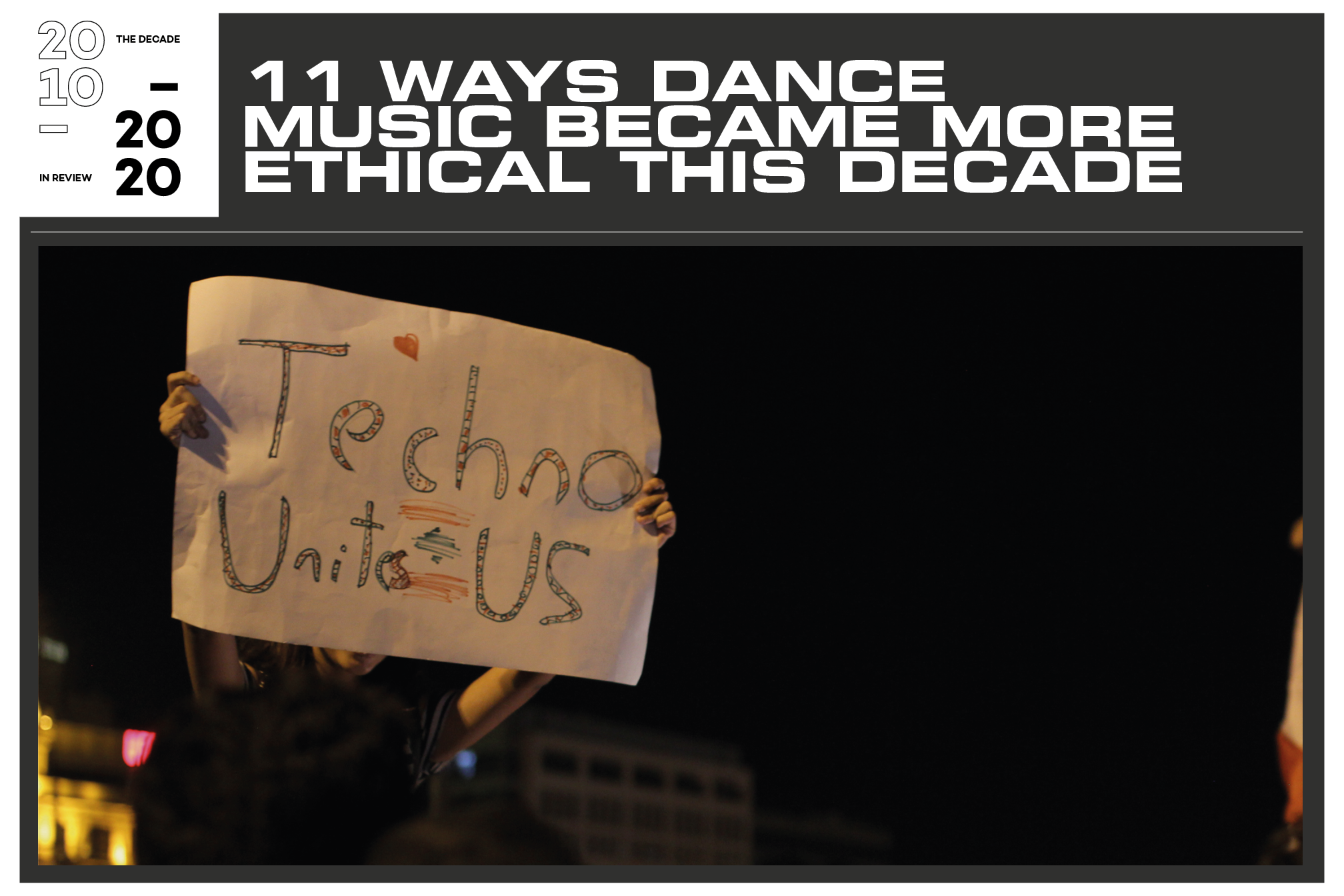 Features
Features
11 ways dance music became more ethical this decade
A decade of growth
At the start of the 2010s, dance music was beginning to be picked up on as something marketable, a product to be sold back to the partygoers that had invented the scenes. As the decade has progressed, there's been a shift against this: from the climate activism of recent years to the rise of the safe space polices, and greater conscientious around accessibility to the smaller promoters/labels in local towns trying to make a difference where they are. We've compiled 11 of the key trends in the list below.
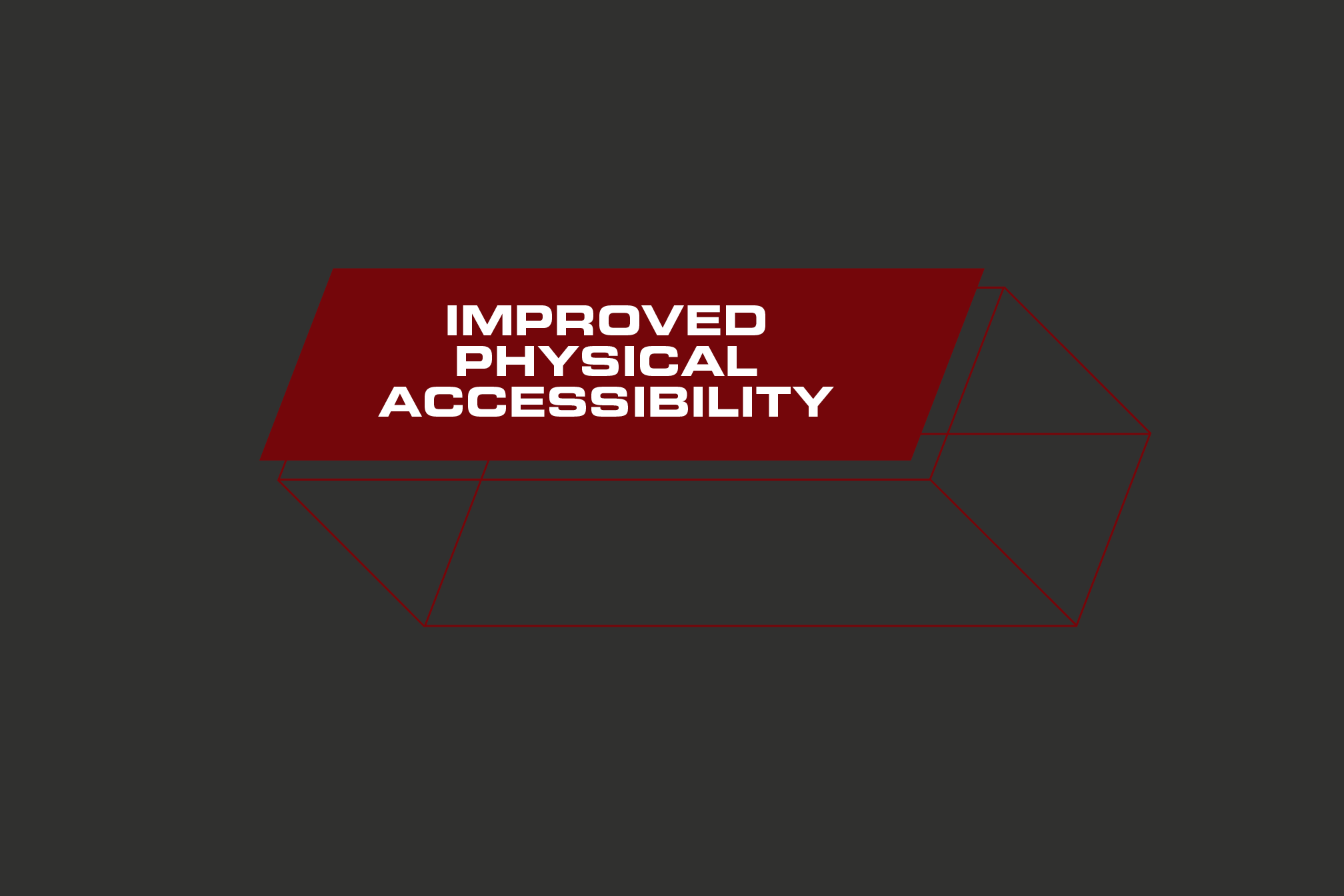
1.
The South African DJ Black Coffee has shown that artists with disabilities can climb the highest echelons of the music industry, and ever more festivals are gaining accessibility accreditation from organisations such as charity Attitude is Everything, which helps events become more accessible and inclusive for Deaf and disabled people. Meanwhile, more venues are putting becoming physically accessible at the top of their agendas, with spaces like Manchester’s YES launching in 2018 with wheelchair accessibility as their USP, putting on events such as Under One Roof, which caters to people with learning disabilities, and London's first accessible rave for adults with disabilities launching last month.
But despite these positive steps, the fact remains that in the UK at least, they are an anomaly rather than the norm, with efforts to cater for people with disabilities at one-off events especially failing – after Manchester’s Pride this year, concerns were raised about disabled access. And, while some nightclubs are adapting by installing lifts and ramps, at most city centre venues disabled parking is not available, there is scant evidence of wheelchair friendly bar areas, and disabled toilets are few and far between. Countries whose architecture is more modern fare better. As DJ Katie Cooper, who moved to China’s Shenzhen in 2016 and started working with the drum ‘n’ bass label Unchained Recordings before starting her own grime and garage night Vextra asserts, “many clubs on the high level floors in China are super modern with elevators for the people who need them.” Kamila Rymajdo

2.
From pay-what-you-feel ticket policies as ran by Manchester techno outfit Meat Free to reduced price tickets for carers and the unwaged (at the city’s collectively-ran Partisan) to free tickets for those over 50 (a policy at Polish electronic music festival Up To Date) and initiatives such as Party For The People, who raise money for charities and social projects through online ticket sales, conscientious ticketing is an ever growing and wide-ranging trend, which is making clubbing and festivals more accessible to all.
However, it’s not always a straightforward policy to implement, says Sofya Staune of Glasgow’s FUSE: “In my practice as a promoter, I’ve tried to implement a reduced price for those who for any reason can’t afford it, but previously have been struggling with wording around this. The last night I ran, I tried to word it in as broad terms as possible and found that people are more likely to take a promoter up on that offer if there is no reason specified for the lack of funds.” Other events have turned to fundraising to address the issue of financial accessibility. For example, Glasgow’s Bitter, an event for self-identifying women and non-binary people, ran a crowdfunding campaign in August to keep the entrance free. KR
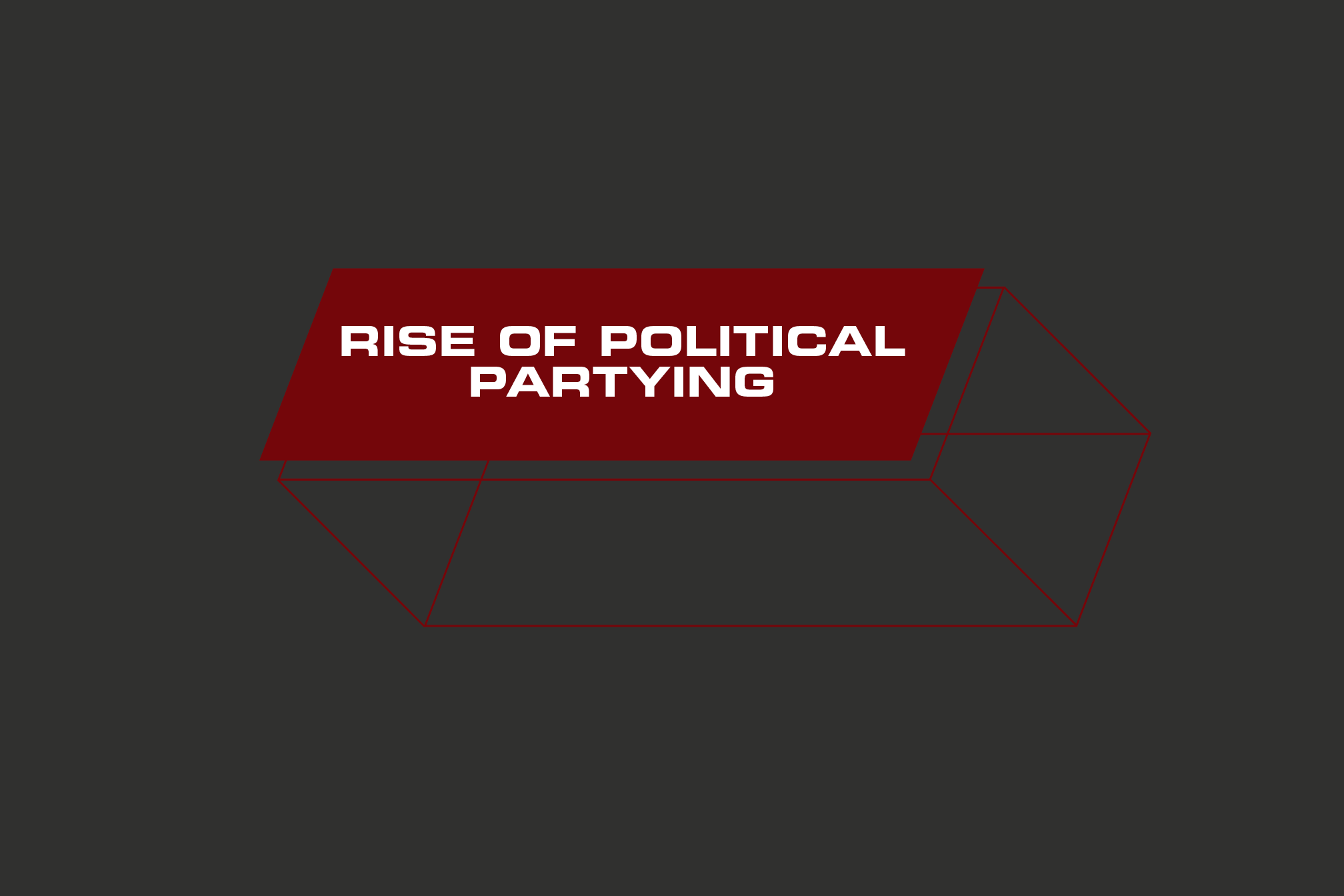
3.
From disco’s origin in black queer communities to the flagrant defiance of authority built into UK rave culture, dance music has always held politics and political identities at its core. Over the 2010s, this bubbled desperately to the surface. In a decade when austerity became normalised as a viable political tactic, “alt-right” became a friendly way to refer to neo-Nazis, and Trump and Brexit happened, there seemed to be two options: dance the night away and forget about the whole thing, or make your voice heard. DJs have found their voice politically, with many outspoken on social media, the likes of Patrick Topping and Floating Points playing Labour rallies in the 2017 UK General Election campaign, and pop-up events like the R3 Soundsystem holding rallies against political leaders and in favour of campaigns such as the People’s Vote.
Leeds party Puddles is another example of a night that has taken it upon itself to dance and speak out in unison. Puddles was founded by Lydia Lloyd-Henry, Jimmy Caldwell and Callum Walton in 2016 when the snap election was looming over the summer of 2017. They put on a night with free entry if you showed your polling card at the door to encourage young people to register to vote. Although they’ve always been a charitable night, giving their profits to charity with every instalment, Lydia says that this time it was different. “This was important for us to remind ourselves that parties can be used as a way to engage and help people within communities.”
Callum notes that it’s the closure of many nightclubs that has given legs to this trend: “it means many new parties, Puddles included, are born in small-capacity DIY spaces. I think this has allowed for more parties with a political edge.”
James is one partygoer who says that the experience of dance music is community-building, so to integrate a political purpose builds numbers and has the potential to effect real change down the line. “I think that being able to lose yourself in a moment in the way you do in a club helps you connect with ideas and people around you. Without those connections, political movements can’t last very long so while it doesn’t have to be dance music, I think it can be a binding social force that can keep political movements strong and help them grow as they progress.” Jemima Skala
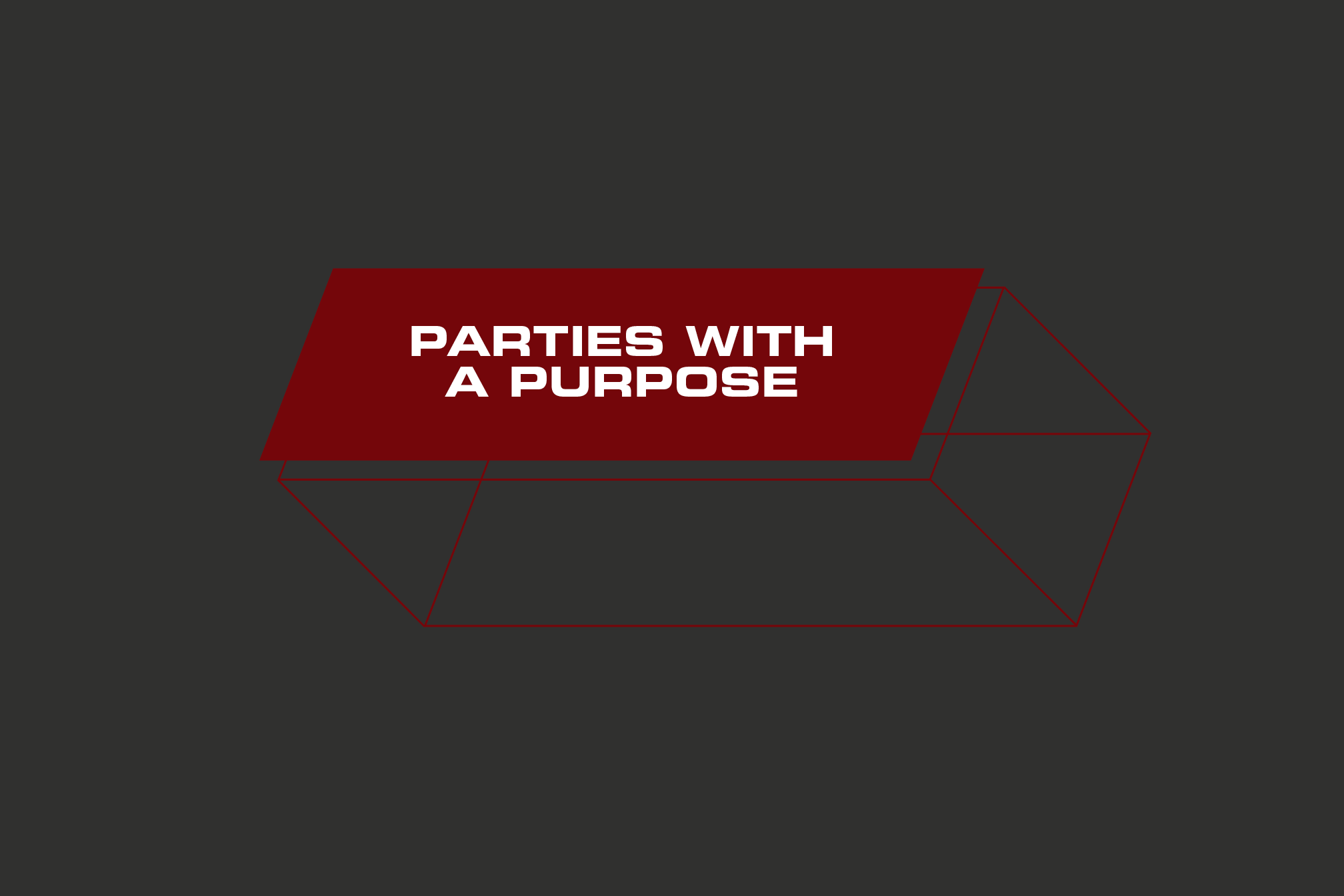
4.
Intertwined with this recent trend of overtly political parties is the increased popularity of parties for a cause over run-of-the-mill club nights. There’s been a spring of charity-focused events rising up across the UK, including Cosmic Slop which managed to raise £2.4 million to transform Leeds’ Hope Foundry into an alternative education centre, and beyond through the work of artists like DJ Bone, as well dedicated charity venues opening such as London’s The Cause.
Room For Rebellion is a club night spanning London, Dublin and Belfast that raises funds for and awareness of Northern Ireland’s just-overturned archaic abortion laws. Co-founders Isis O’Regan and Anna Cafolla were inspired by cases like Savita Halappanavar’s and Ashleigh Topley’s to create a type of activism that was engaging rather than alienating. Isis explains that it was “an opportunity for us to be creative with our activism, to create a community of like-minded people against a patriarchal state, make a support network, shed a light on the issue of bodily autonomy and choice in an invigorating way... A rave with a mission feels cathartic!”
Thanks to the recent amendment passed by Parliament, abortion is now safe and legal in Northern Ireland as of 21 Oct. Anna says that this doesn’t mean that Room For Rebellion is now redundant. “I think it’s up to us and other activists to keep leading an open, inclusive conversation on reproductive rights, wherever that is. Activism in dance music can only get more dynamic, more inclusive, more accessible, and we all have a responsibility to do our bit to better the world in some way.” JS
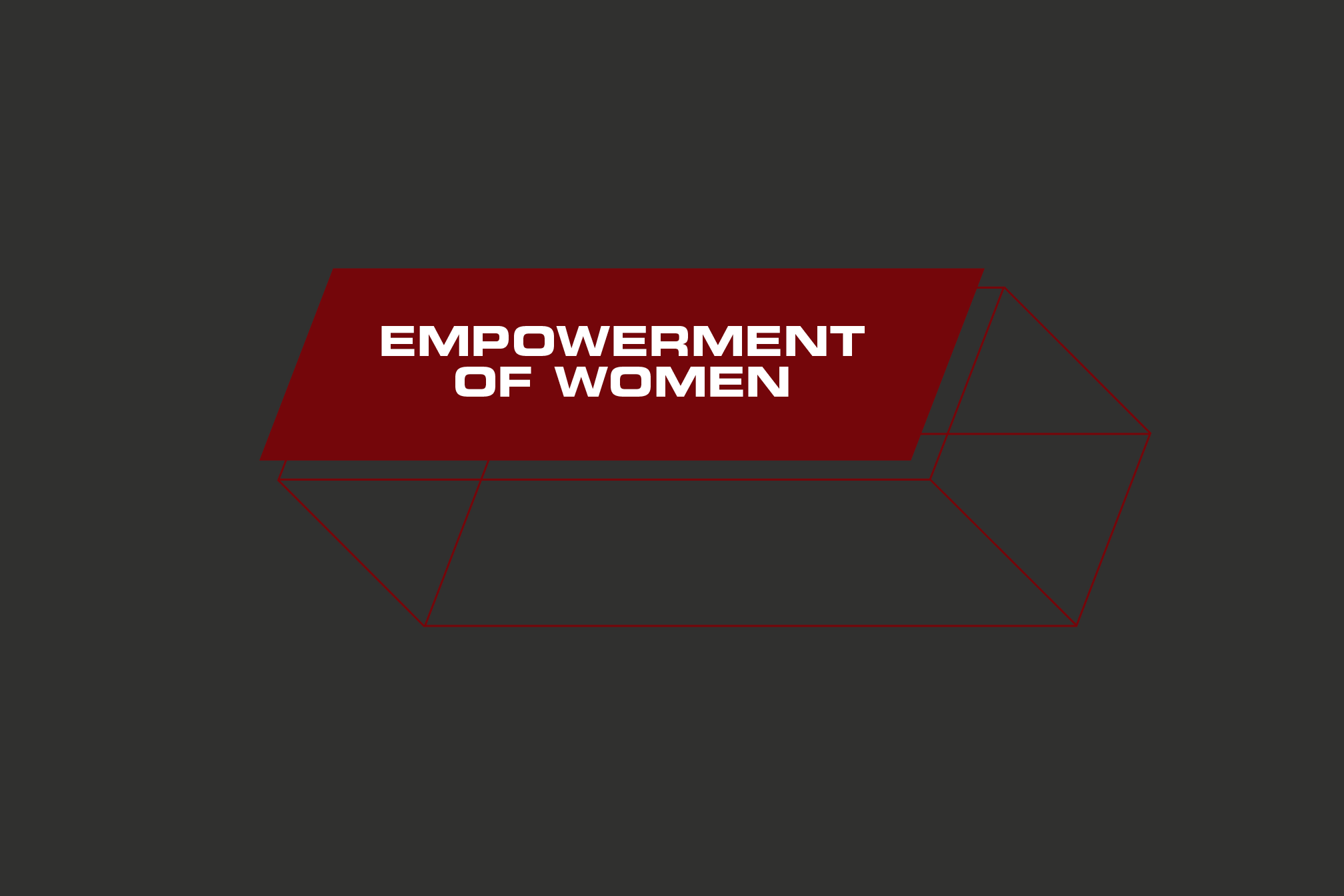
5.
“By 2009 it wasn’t unusual to see women – or at least a woman – behind the decks or running the show somewhere in clubs and festivals,” says DJ Paulette, who started her career in the 1980s at The Haçienda, as the Manchester superclub’s first female resident. “Amy Thompson was managing and steering the Swedish House Mafia, Caroline Protheroe was managing David Guetta and Olga Zeggers was building Tomorrowland, whilst Emily Eavis had the reigns at Glastonbury. Ten years later women are still doing this but the veil has been lifted. Women have found their political voice and are loudly staking their place and writing their own stories, becoming fearlessly vocal about gender pay parity, rights and issues, equality, diversity and inclusion.”
Moscow’s A.Fruit, who runs the Get High On Bass club night and on puts female-focused events with guests such as Worst Behavior’s Anna Morgan and Bell Curve, says: “In recent years I’ve definitely seen more attention being paid to women across the board, and especially those working outside of music production and DJing – women who run labels, radio shows and put on parties, are getting recognised now too.” However, she notes that, in Russia at least, “it seems faster in the bigger scenes like techno.” And there are still key issues to tackle moving into the next decade such as ageism, with very few women over 50 playing regularly in big clubs compared to male counterparts. KR
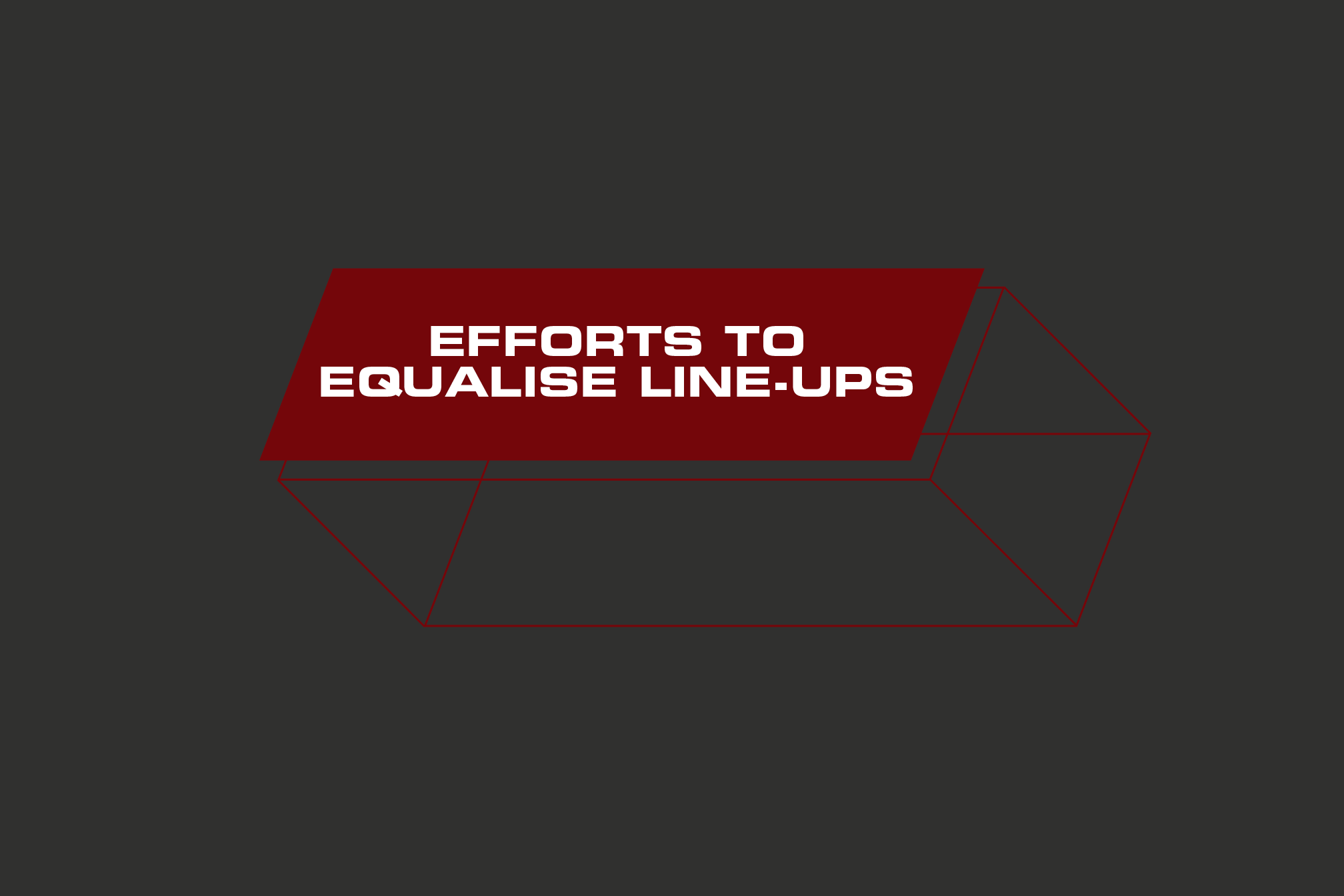
6.
“Equal line-ups were just coming under the spotlight when we started,” says SLUT DROP founder TACAT, whose Leeds based club night launched in February 2014, with previous guests including Madam X, Anz and Mina. “I think that’s why people were so receptive to us addressing it. But I can’t wait for it to be normal for everyone to be represented fairly so we won’t have to ‘try’ to find artists to balance the bill.” Meanwhile, Poland’s Oramics, whose August-launched Total Solidarity compilation in support of LGBTQI+ organisations spotlighted the country’s violence towards marginalised groups, say that “Change is highly visible in projects offered by independent clubs and festivals in Poland now,” reflecting the global effort exemplified by festivals like Primavera or clubs like Manchester’s Cotton, whose programming prioritises gender and LGBTQI+ balanced line-ups. But it’s an ever more difficult task in countries where populist right-wing governments are in power, such as Poland. “We have four more years of this ahead of us [with the recent parliamentary elections increasing the ruling Law and Justice’s majority], and they are already taking over all of our cultural institutions and funding,” says Oramics’ FOQL. “But it somehow makes us more open, more creative, louder and it gives us power to resist.” KR
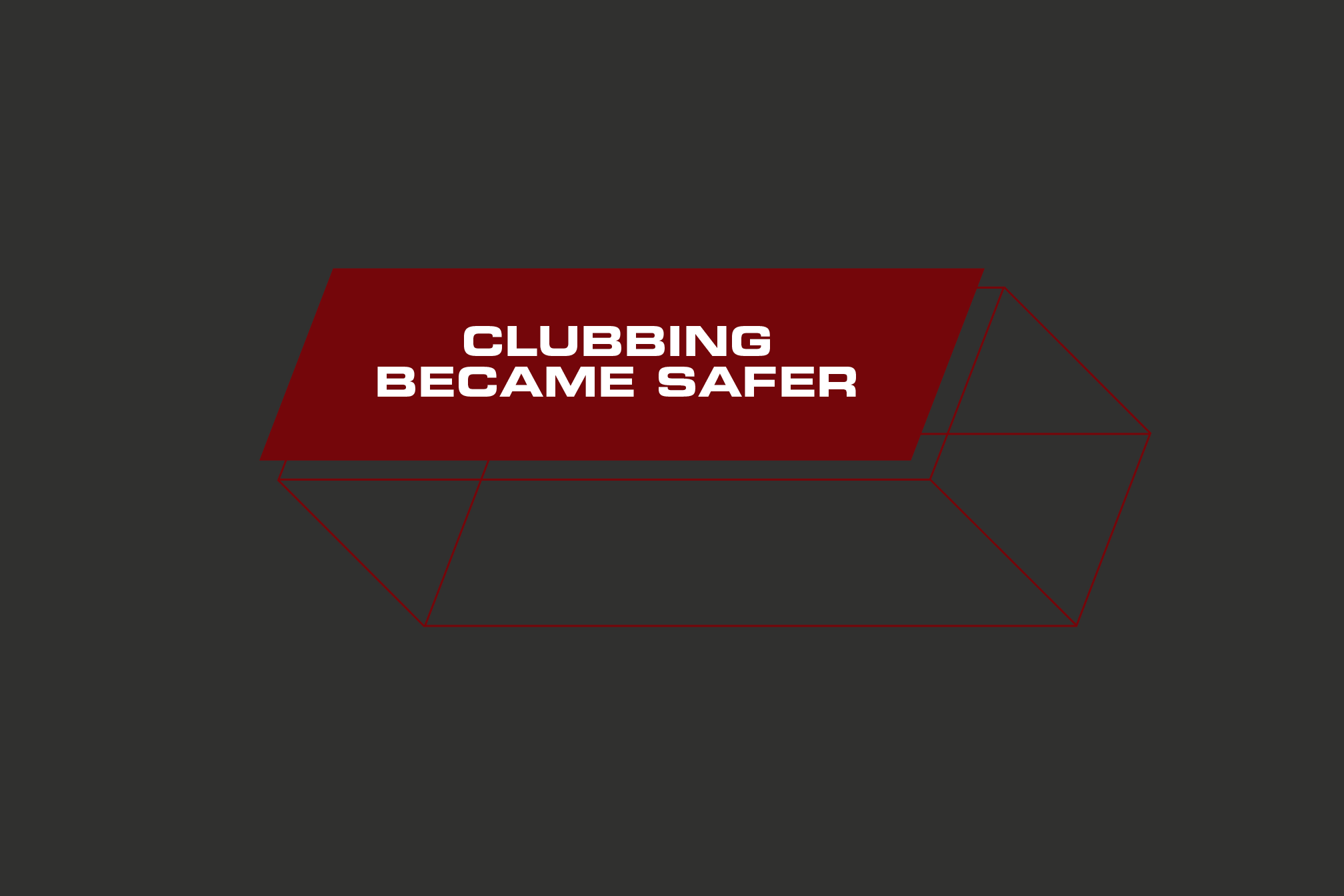
7.
While dance music’s widening appeal over the last decade has undoubtedly been good for business, the surge in its mainstream appeal has also provoked the proliferation of “safer space” policies designed to reassert the need for inclusivity and respect in the scene. Across the UK and overseas, party collectives like Love Muscle, Pxssy Palace and Equaliser have been demanding respect and tolerance in order to oppose gender, racial and sexual discrimination in clubs, promoting themselves as environments where women and members of minority groups can feel safe from microaggressions, physical threats and other acts of hostility.
Modern dance music was, after all, born as an expression of defiance in the minority-stronghold clubs of black, queer and otherwise marginalised peoples during the disco and early house era, yet this character of resistance and defiance has suffered at the hands of a general marketisation and whitewashing of clubbing culture. We should be thankful, then, that recent years have seen an increasing number of groups stand up against this, as typified by Delhi’s Coven Code, a femme collective operating in a city that is often hostile towards women and non-binary people. “Given a club culture where marginalised communities are often left on the wayside, it's important to be able to throw parties where they are given a free and comfortable space to be and to enjoy themselves”, the collective told Mixmag. “We also think that the real force of the collective lies in continuously working towards finding solutions to structural problems that discriminate beyond gender.” Andrew Kemp

8.
While festivals such as the independently run Shambala have been leading on sustainability for years, going meat free in 2016, 2019 is the year that events across the board adapted their operational practices with sustainability in mind. The Association of Independent Festivals called for a ban on single use tents, while Glastonbury banned single use-plastic bottles. However, change at clubs appears to be going at a slower pace. So far, the only visible change in most venues in the elimination of plastic straws. But, as The Warehouse Project’s Sacha Lord asserts, “As operators, we all have to share a responsibility moving forward with regards climate change and sustainability. Both The Warehouse Project and Parklife have taken several steps towards trying to help Greater Manchester achieve its targets by 2038,” telling Mixmag that there is no plastic at its new Mayfield Depot venue. Instead, they’ve switched to cans and paper cups so everything can be recycled, meaning that 150,000 plastic water bottles are out of circulation. “By pulling together, working with both customers, suppliers, staff and the authorities, we can all do our bit for the planet,” Sacha says.
Another party intrinsically purposeful in its practice is Tail & Twist’s ECODISCO, London’s first party to remove all single-use plastics. Organisers Billy Mackie and Hadi Ahmadzadeh threw their launch party this year at London’s Oval Space, which then spurred both Oval Space and Pickle Factory to remove all disposable plastics from their future events. They are taking steps to confront and take responsibility for the role of promoters and venues in the climate crisis, as well as raising awareness of the little things that partygoers can do as consumers. In terms of their plans for the coming years, they plan to tour the ECODISCO around Europe in partnership with Oval Space and eco-charity Worldrise by train and bus to raise awareness of reducing short-haul flights in Europe so heavily relied upon by DJs. KR & JS
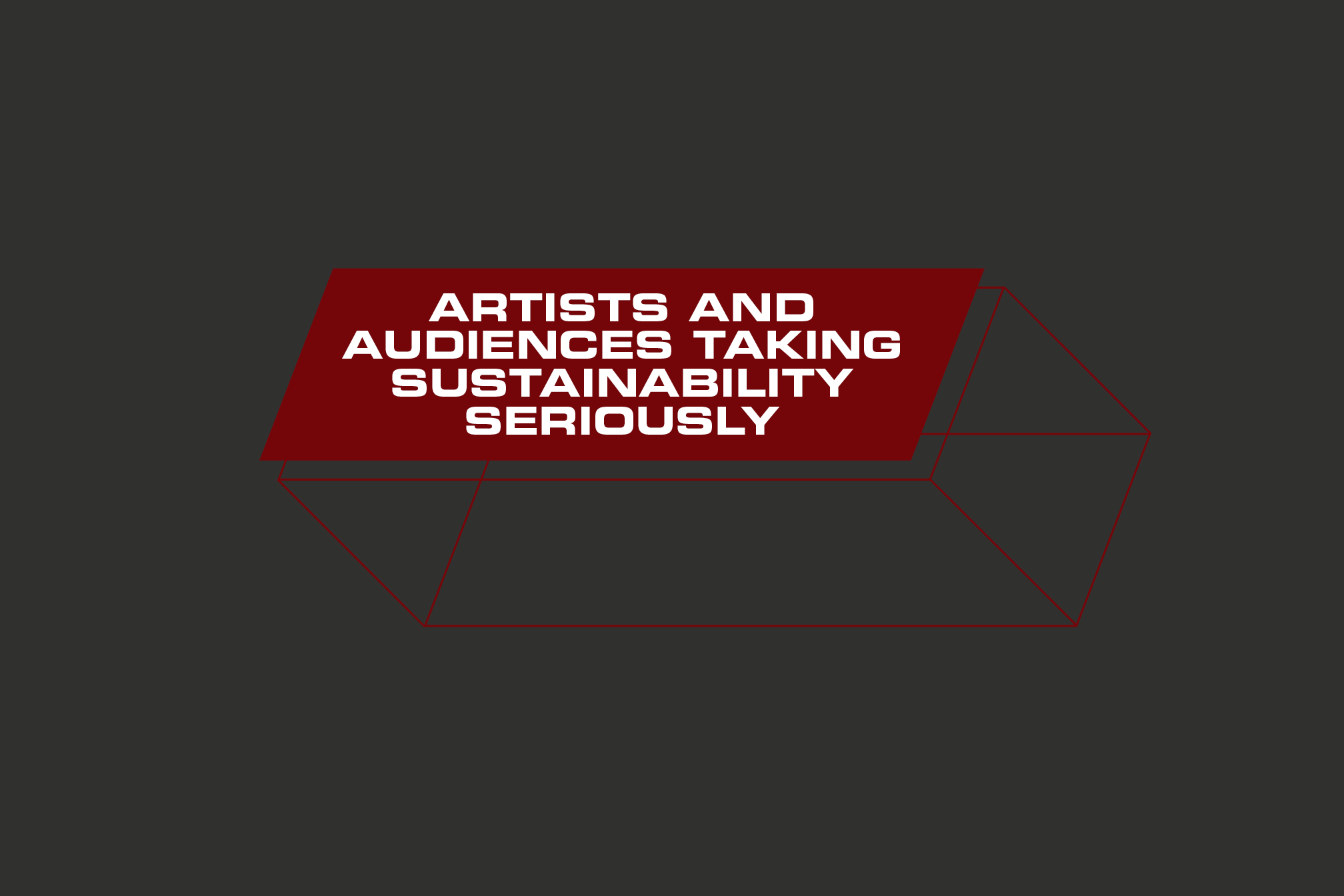
9.
The work of climate activists like Extinction Rebellion, Greta Thunberg and Xiuhtezcatl Martinez has shaken every layer of society in recent years, encouraging us to rethink how we consume in order to seriously address the climate crisis. The dance music industry hasn’t been exempt from this, and the pressure to restructure the way we party to make it more eco-friendly has become more noticeable in recent years.
Chal Ravens is a freelance journalist and co-founder of Clean Scene, an ad-hoc organisation formed last year that is currently working on initiatives to make it easier to be green for those working in dance music. The aim of Clean Scene is simple: “we just want to see people get fucking real about this issue,” Chal says. “Specifically with dance music, it’s been ignored in a way that’s so pointed as to belie a kind of truth. It’s not because people don’t know about it.” Similarly, she is critical of the industry’s ‘greenwashing’ problem, with promoters cherry-picking elements of environmental activism to champion without considering the bigger picture. “Festivals [will] be like ‘here’s a reusable cup for £2’, and the rest of it is powered by fossil fuel electricity.”
One DJ who has been clear to take a stand on it is Hessle Audio’s Joe, who hasn’t flown for a gig since 2014. The furthest away he has travelled in a single day for a gig is to a festival in Linz, Austria last year, which took over 16 consecutive hours of train travel. Joe is clear that he doesn’t flat-out refuse to fly to a gig – if the right gig presented itself, he would consider flying the distance – but rather chooses to cut down on unnecessary short-haul European flights where he can. For him, changing our daily habits to greener options is “low-hanging fruit”, the opportunity to do several small things to create a larger positive impact. “I see climate action as everyone’s job if they can do it,” he says.
To get serious about the climate crisis, both Chal and Joe are clear that time needs to be spent on developing local scenes as an alternative to flying in big-name DJs for a weekend. Residents parties are the ideal way to nurture burgeoning talent while fielding the need to fly in huge names all the time. JS

10.
The past decade has seen a massive shift in how we talk about mental health, mainly in that we do it openly and without shame; something unheard of in the decades earlier. However, in the decade of austerity, this increased openness is unbalanced by severe cuts to mental health services, leaving patients on waiting lists for months on end.
In the dance music industry, in light of its culture that can often run contrary to all the advice given about caring for one’s mental health (get lots of sleep, don’t take drugs, get your rest), mental health is a pressing concern. High profile figures have helped contribute to destigmatizing the conversation, with artists such as Benga, Marie Davidson, Hot Since 82, Courtesy and James Blake speaking openly about dealing with depression, anxiety and the toll of heavy partying. Online portals such as The Mind Map have also been setup to provide support for struggling young people in music.
And for some, the partying aspect can be beneficial. Mixmag spoke to Leah*, who describes herself as suffering with anxiety and low self-esteem. Far from exacerbating this, clubbing is a form of therapy for her. “Going out is a release,” she says. “In conversations about mental health, the self-care element of it is the basic watered-down version: get your beauty sleep! Moisturise! Eat fucking lentils! It’s so much more complex than that. Self-care can be going out and getting fucked with your best friends. That is a form of self-care in the sense that it’s a feeling of community.”
To make this more of a universal experience, Leah recognises that certain things need to become common practices in the dance music industry. She cites safer spaces policies, sober club nights and chill-out rooms as ways in which promoters can help to make their events more mindful of those having a difficult time on a night out.
Essentially, Leah says that the feel-good aspect of clubbing can be boiled down to the exercise of it, dancing like mad in a room full of people. “It’s literally been proven that dancing can improve your mental health,” she notes. More than just exercise, dancing is a way to physically release the stress from your body after a long week. “People are realising that it’s important to let loose.” If we can harness this as a way to build connections rather than expanding the dance music industry outwards so that it becomes depersonalised and money-oriented, then perhaps dance music will be seen as more of a help than a hindrance to looking after your mental health. JS
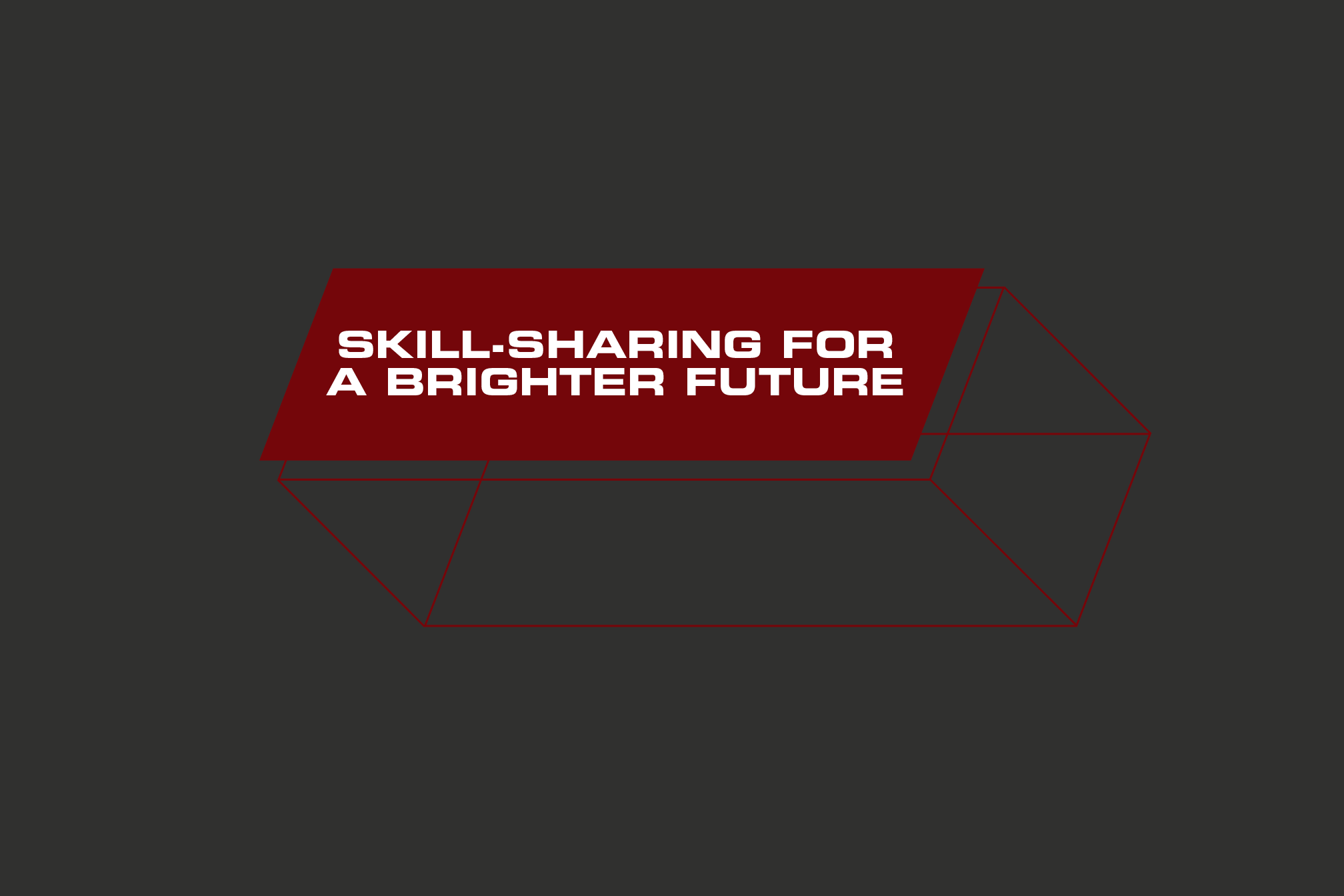
11.
One thing that emerged from the many conversations that Mixmag had for this article was how much more inclusive and diverse dance music has gotten in terms of encouraging people from marginalised groups to get involved as DJs and producers. Chal writes a regular monthly feature for FACT where she picks the best mixes: “I fucking struggle to find a straight white man. It’s mad.”
One of the reasons for this is the many skill-sharing workshops that have sprung up over the past decade encouraging those from marginalised social groups to expand their knowledge base and get involved in the world of electronic music. There are numerous examples of these, like Equaliser or Future Female Sounds, both DJing workshops, or Producergirls, a workshop that teaches women and non-binary people the basics of production software.
Tia Korpe started Future Female Sounds in Copenhagen to “function as a talent incubator.” She says it was a way to nurture burgeoning undiscovered talent and erase the barrier of fear. Support and community-building are the main driving forces behind these skill-sharing spaces; as Zoe of Equaliser describes it, “dance music shouldn’t be completely concerned with updating the current scene to be more inclusive, but creating something new that is ours.”
The widespread success of these spaces is something E.M.M.A. from Producergirls puts down to timing. When Producergirls started, it was the era of excessive Boiler Room trolling, where female DJs would get lambasted online for their appearance. Skill-sharing spaces have played a part in undoing that behaviour. “I think there’s more room for compassion and empathy now,” E.M.M.A. says. And as a result: “the revolution’s here, basically.” JS


